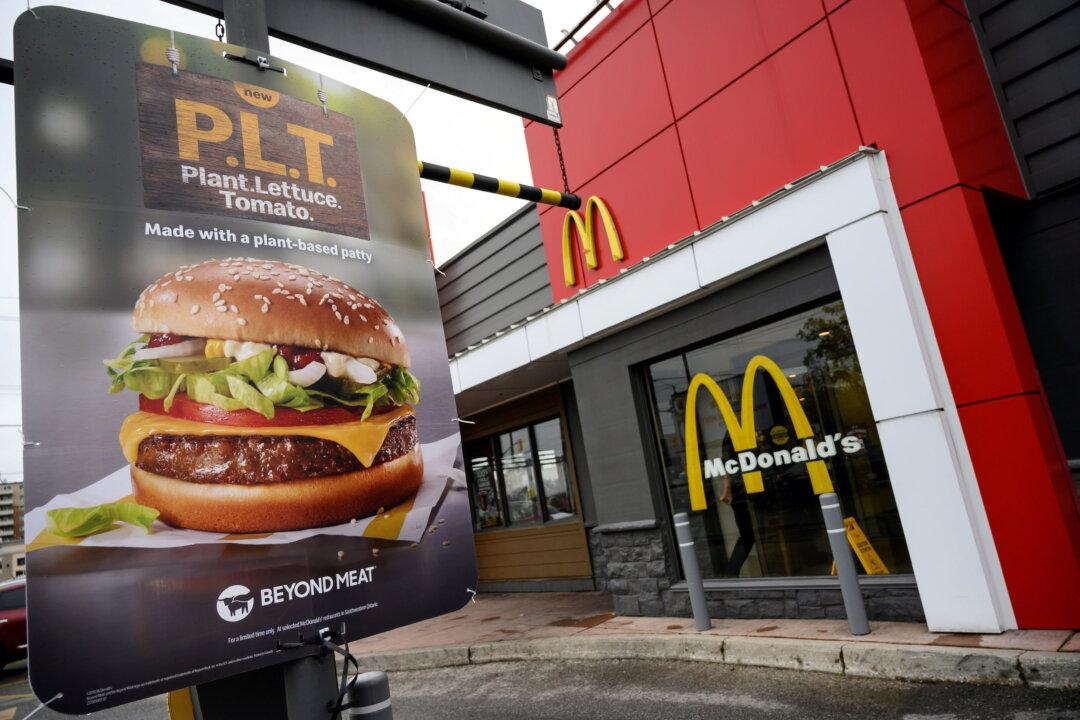McDonald’s announced that it has concluded the U.S. trial of its McPlant burger, which is made with the plant-based protein manufactured by Beyond Meat (BYND).
In November 2021, McDonald’s began testing the meat-free burger in eight restaurants across America. In February this year, the company introduced the McPlant burger at around 600 locations. According to third-party reports, the experiment ended as a failure. In a recent note, according to CNBC, JP Morgan analyst Ken Goldman cited employees from McDonald’s revealing that the burger did not sell well enough.





